A regular comprehensive eye exam is crucial to preserving your sight. A comprehensive eye exam involves much more than a simple vision screening. Even if you feel you are not having any problems with your vision, many ocular diseases have no symptoms and can only be detected through a thorough examination. In fact, many health problems, such as diabetes and high blood pressure, can be first detected in the eyes.
The exam begins with a discussion of your medical and ocular history. Many health disorders manifest other problems in the eyes that you may not be aware of . Bring a list of the names and dosages of all medications (prescription and over-the-counter) you are taking, and let Dr. Warner know about any allergies you have. Be sure to mention any specific work, school, hobby, or sports-related visual demands.
Dr. Warner will determine your visual acuity both at distance and at near and with and without your current glasses or contact lenses, if applicable. A variety of other tests will be performed depending on the patient’s age. These tests may include testing your color vision, depth perception, central vision, peripheral vision, and binocular vision. Dr. Warner will examine your refractive status to determine the best prescription for your glasses and/or contact lenses.
He will also use a variety of instruments to determine the health of your ocular structures starting with the more anterior structures (lids, lashes, tear film, sclera, conjunctiva, cornea and iris) working towards the posterior structures (lens, vitreous, optic nerve, and retina). He will also measure the intraocular pressure of your eyes, one of the clues that aid in detecting glaucoma.
After experiencing such a thorough eye exam in our office, our patients know they have received good eye care to help preserve their sight.

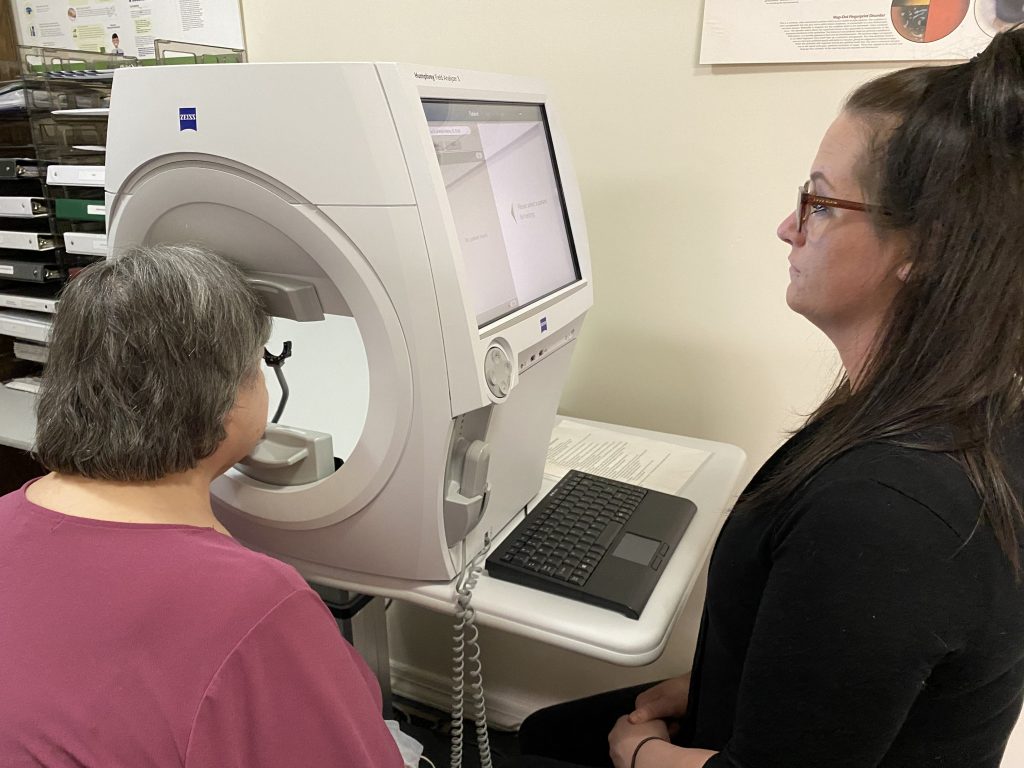
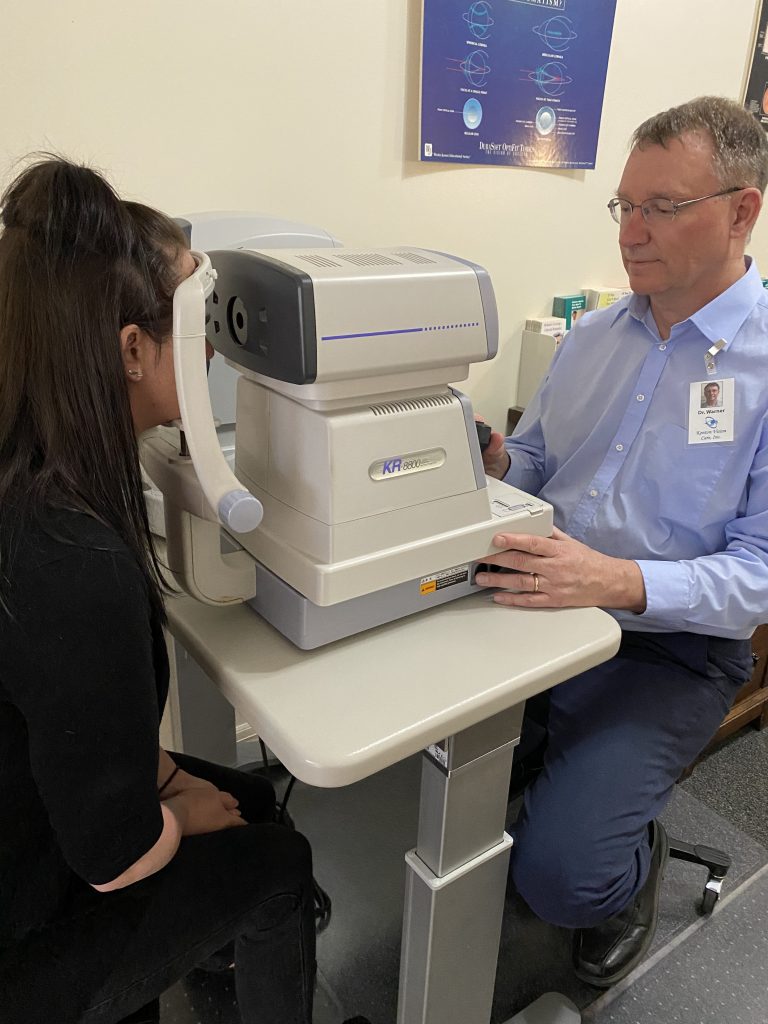
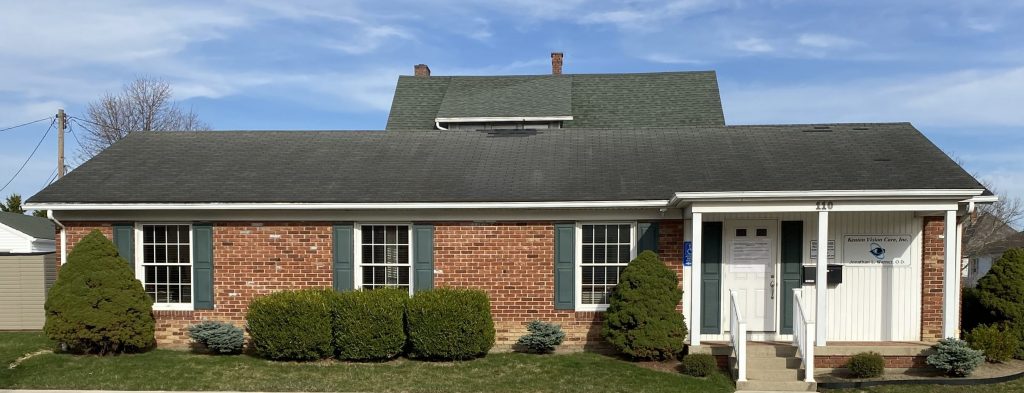
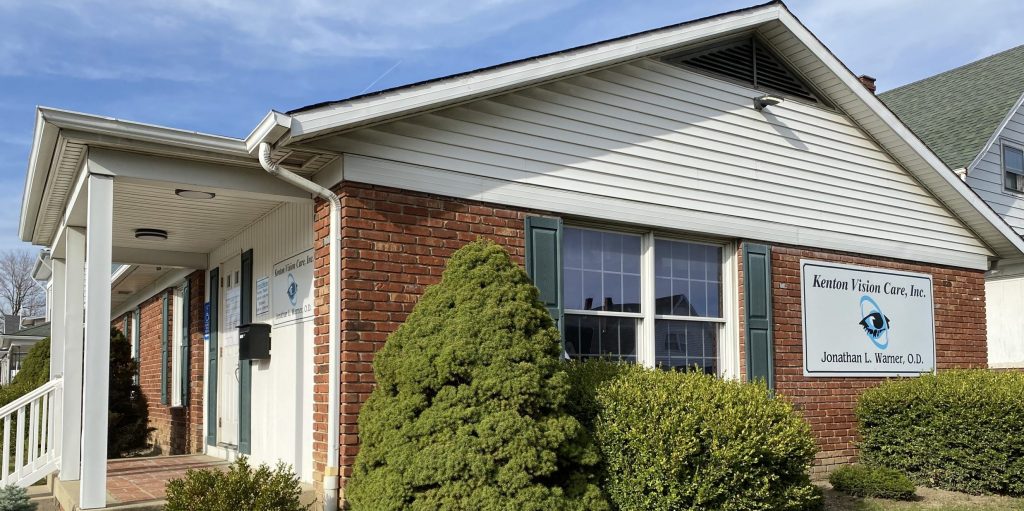
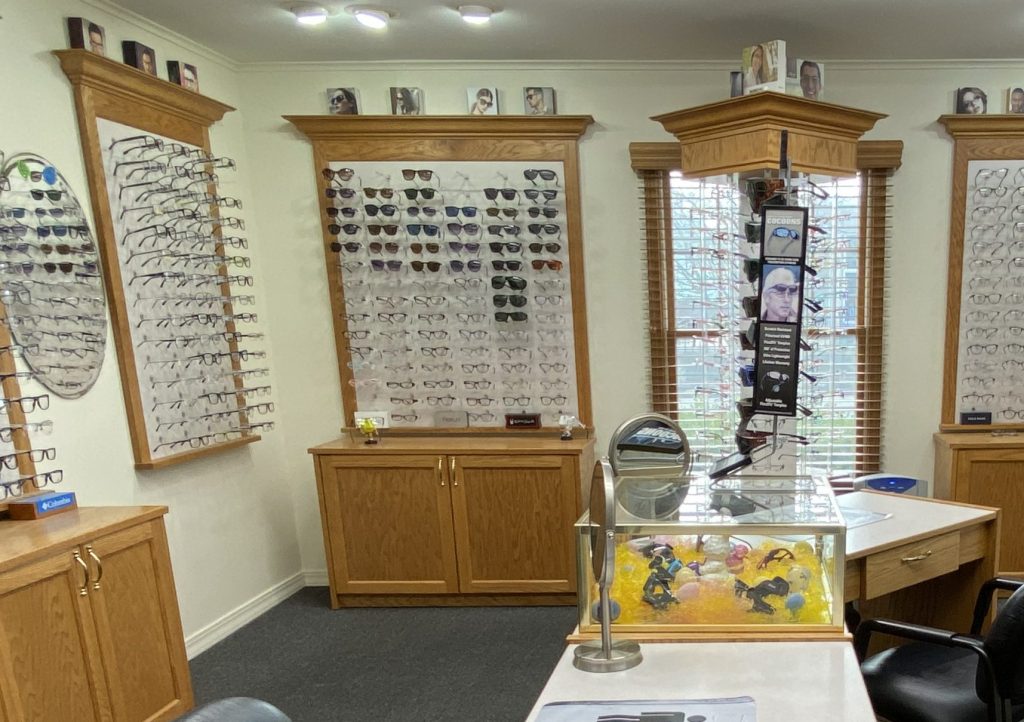
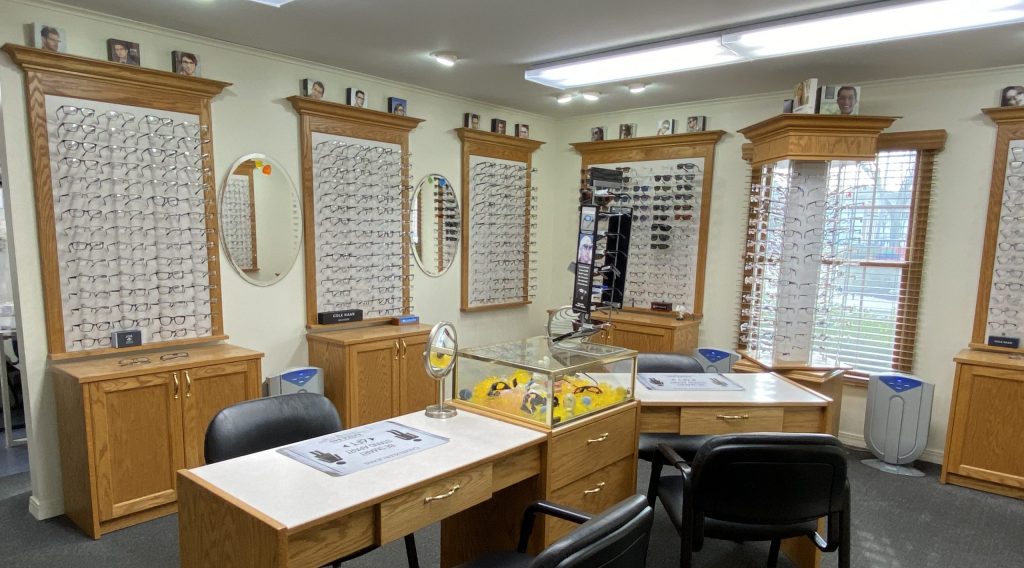
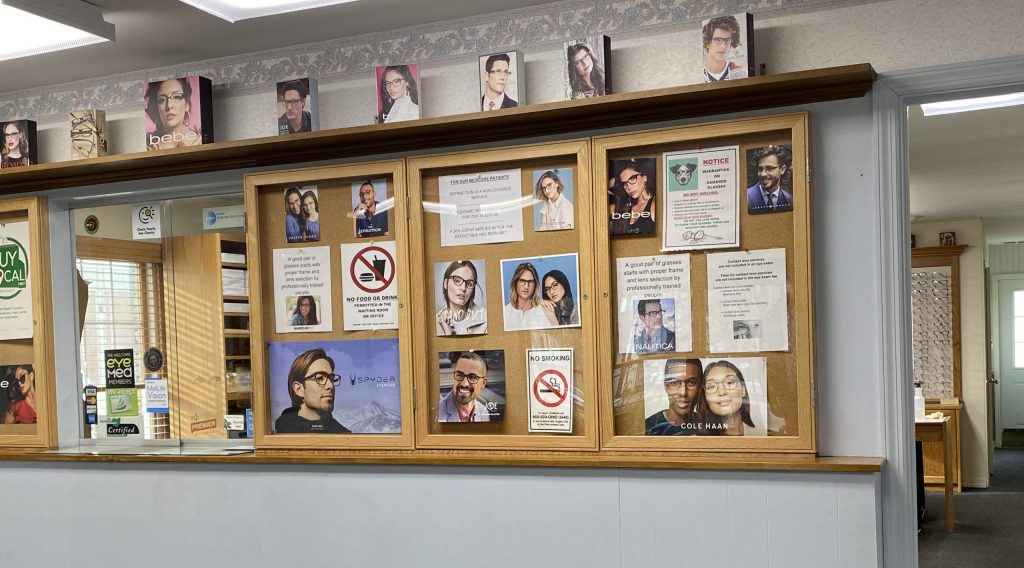
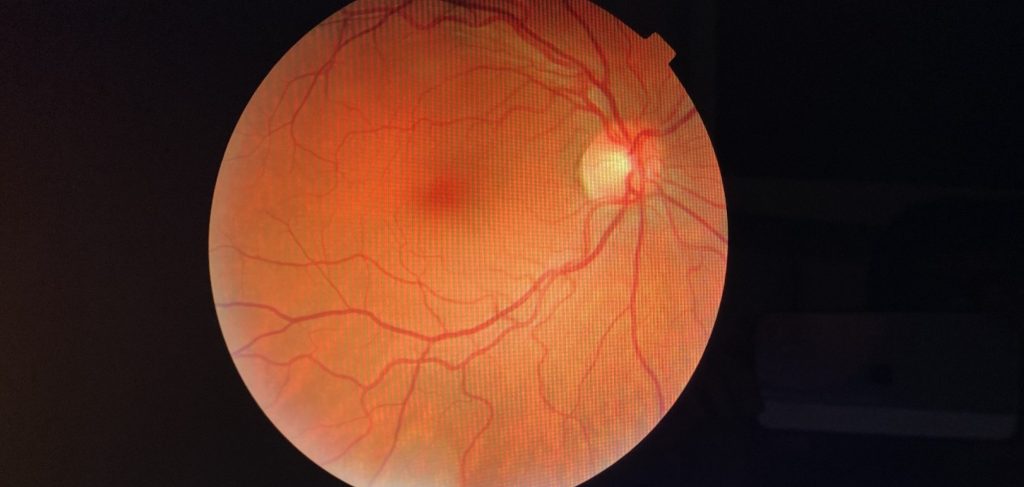
Hi, this is a comment.
To get started with moderating, editing, and deleting comments, please visit the Comments screen in the dashboard.
Commenter avatars come from Gravatar.